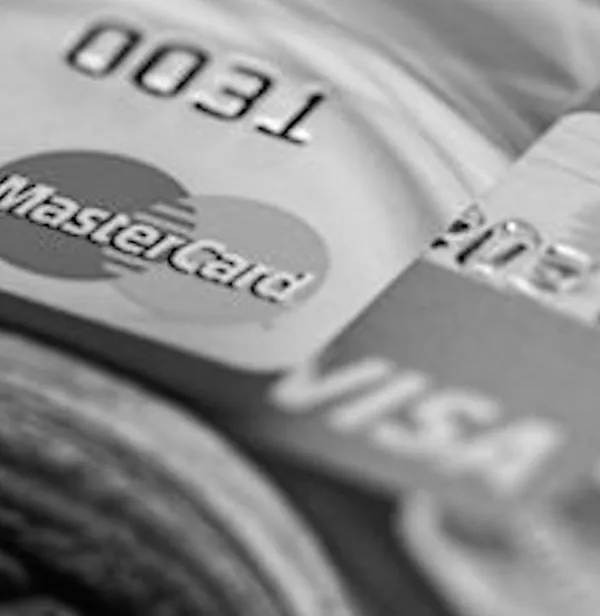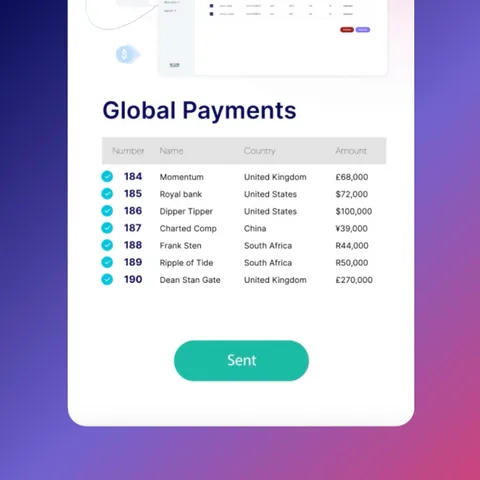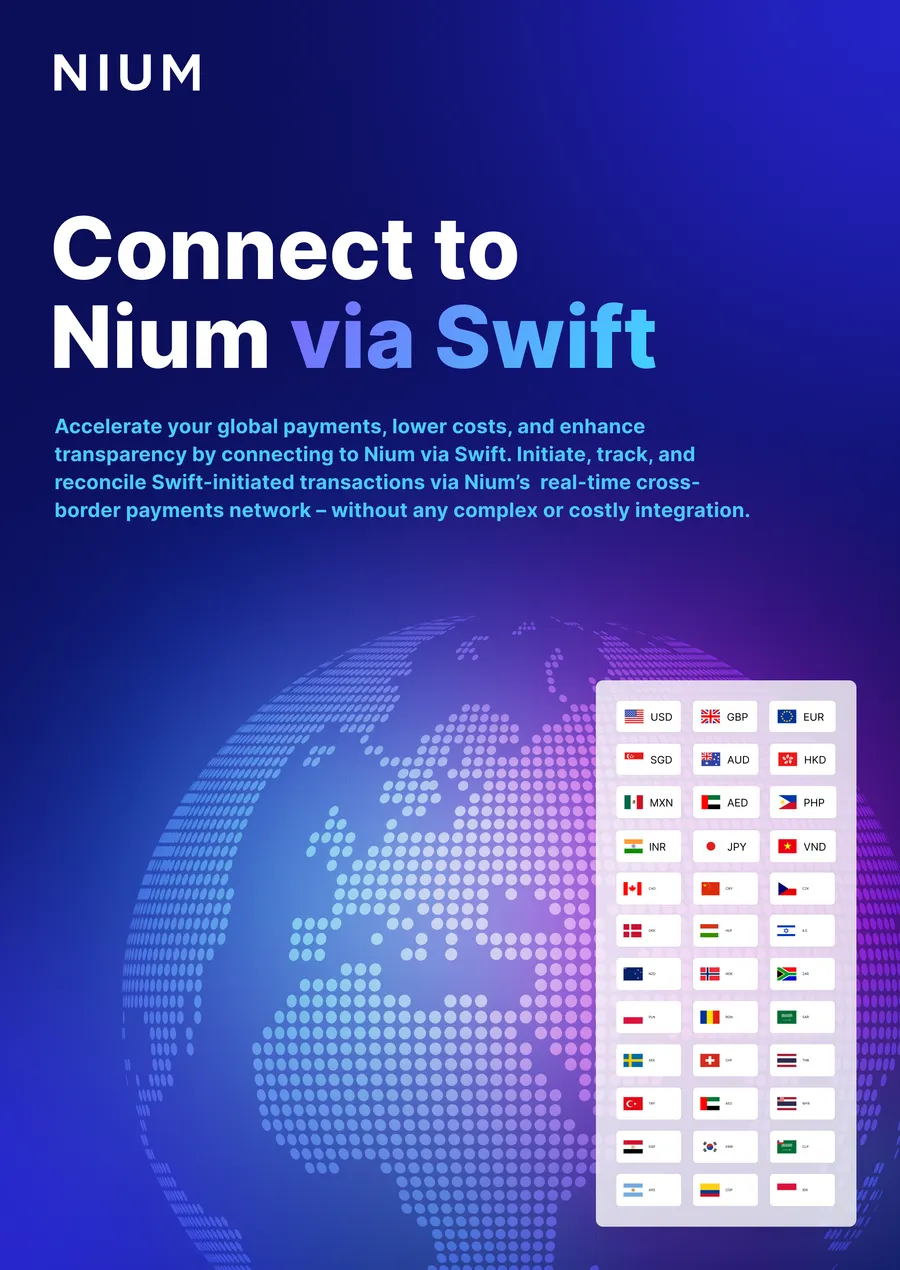Published Jun 24, 2020
Global payments are at an all-time high with revenues expected to hit $2 trillion by the end of 2020, according to McKinsey [1]. Per capita international transactions have risen to 0.7 annually from 0.5 in 2014. However, large enterprises, mid-sized corporations and financial institutions face several challenges when it comes to cross-border payments. Despite the market’s rapid growth, the sector sees several embedded inefficiencies.
There are four basic challenges that need overcoming [2]:
- Payment systems in each country are designed to meet local laws and practices related to banking and financial structures
- There is no common standard when it comes to global payments, which means the varied systems reduce the ability of banks and enterprises to seamlessly exchange data
- Government regulations keep changing, thereby compounding existing challenges
- Delays and high costs due to transactions are currently being channeled through intermediary banks. Often, unlike traditional bank transfers, these payments can take several days
All this means that cross-border payments can be slow, inefficient and costly.
While cross-border trade is swelling and efficiency will likely improve, the ecosystem will require all stakeholders – from businesses to banks and payment systems – to change processes. Having said that, payment providers are already stepping up to create solutions – such as using debit cards – for faster, more secure and seamless user experiences.
Obstacles in the Payment Journey
Cross-border payments are looked at as unorganised and inefficient, mostly because they lack a universal payment system. Across the world, businesses and customers cite payments as a major barrier to international trade for several reasons.
Broadly, fees in cross-border transactions tend to hike up substantially, with few banks providing a satisfactory breakup of the costs. Additionally, each bank’s foreign exchange rates vary, making the reference point vague and lacking in transparency. There are other costs borne by buyers and sellers – suppliers based outside the market pay for cross-border receipt of payments, while buyers using a credit card in local currency to make foreign payments have to pay exchange and transfer fees.
Cross-border payouts have several layers of complexity –compliance and cyber security norms, and international rules and barriers, to name a few. A transaction wading through each of these considerations adds to the total clearance time.
How to Overcome Payment Obstacles
Businesses and financial institutions need a digital platform that solves these problems. One major solution is paying out to debit cards, that spans global collection accounts, allowing the easy collection of international payments across currencies – essentially making international payments seamlessly behave like local payments. For enterprises, this not only results in an enhanced offering, but it also helps increases customer and affiliate loyalty, thereby streamlining cash management.
Such a service is critical not only for peer-to-peer transfers but also for business-to-business transactions. Businesses need to receive money quickly and securely, especially in markets where there are no instant payment solutions like FAST or IMPS.
For many businesses, the payments issue has additionally been heightened because of the COVID-19 crisis. A platform that enables them to push payments is, therefore, an attractive proposition.
Benefits of Payouts to Cards
Enabling digital cross-border payments in real-time is an immediate need. This is possible via payouts to VISA debit cards, where businesses can send money to recipients’ bank accounts instantly through their 16-digit VISA debit card numbers.
Empowering enterprises to push payments instantly through VISA debit cards has several advantages:
Faster transactions: A payout to a VISA card and the transaction status review is instant, unlike bank transfers. Transactions are approved in real-time; funds can be sent to the beneficiary’s VISA cards (in nearly 38 markets through VISA’s rails) and are available 24 x 7 x 365 in as little as 30 minutes of approval time.
Assured security: Platforms that offer VISA payouts are PCI compliant and employ world-class security. They manage and store card data securely, making transacting safe and transparent.
Increased efficiency: Cards serve as an efficient secondary payout method when primary payment methods such as banks are experiencing downtime. They eliminate the need to manage the beneficiary’s banking data and enable recurring payments to the same list of beneficiaries without requiring card details for each transaction.
Improved cash flow: Businesses can enjoy optimised cash flow, savings and working capital benefits. The payment tracking system significantly reduces reconciliation issues.
As businesses struggle in the aftermath of the COVID-19 outbreak, they are looking to improve efficiencies and lower costs. By optimising payments, debit cards can play an important role in aiding businesses through these tough times and helping the global economy recover.
About Nium
NIUM is a global financial technology platform redefining the way consumers and businesses send, spend and receive funds across borders. The company is continuously innovating to provide the most relevant and agile solutions to meet the needs of consumers and businesses, having evolved from solely focusing on consumer remittance via InstaReM, to also providing fintech solutions for businesses from 2019. NIUM is regulated in Australia, Canada, European Union, Hong Kong, India, Indonesia, Japan, Malaysia, Singapore and the United States of America, and processes billions of dollars a year for banks and payments institutions, the next generation of e-commerce players, OTAs and retail users across the world. Since late 2019, the cross-border digital payments platform has enabled real-time push payments to Visa debit cardholders across South East Asia. NIUM is a member of Visa’s Fintech Fast Track programme. This programme makes it quicker and easier for fintech partners to build and deliver new commerce experiences on Visa’s payments network.
[1] https://www.pymnts.com/smarter-payments/2019/blockchain-simplify-cross-border-payments/
[2] http://euro.ecom.cmu.edu/resources/elibrary/epay/crossborder.pdf

.png@webp)



.png@webp)
.png@webp)
.png@webp)




